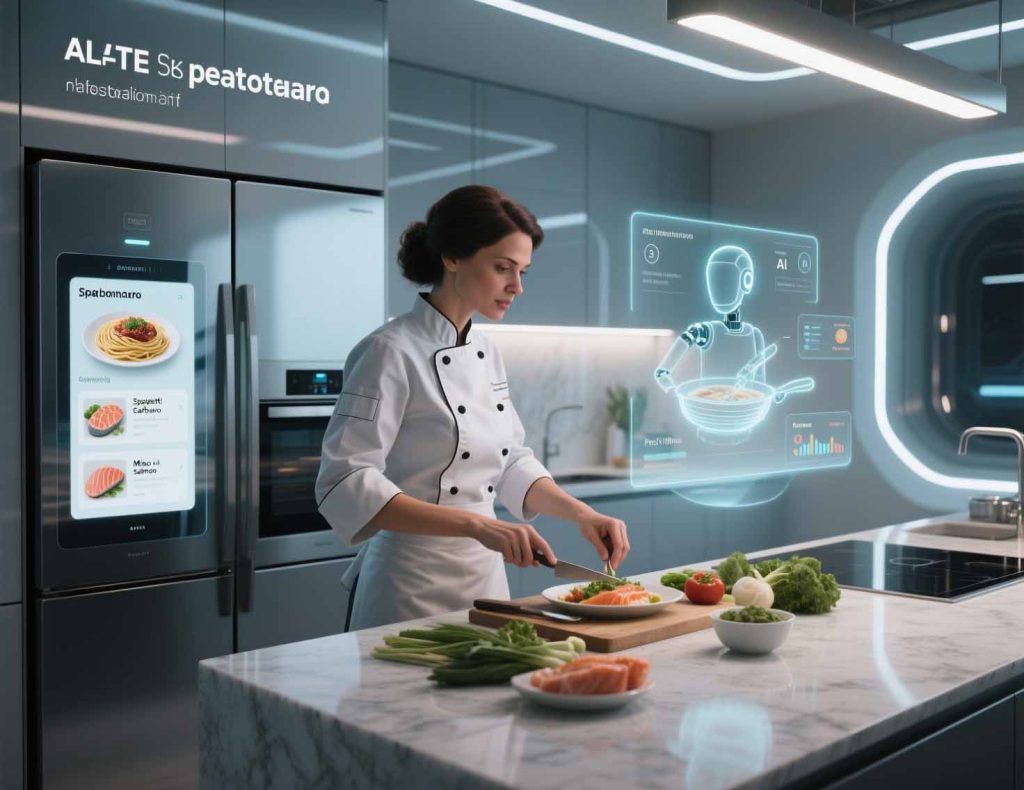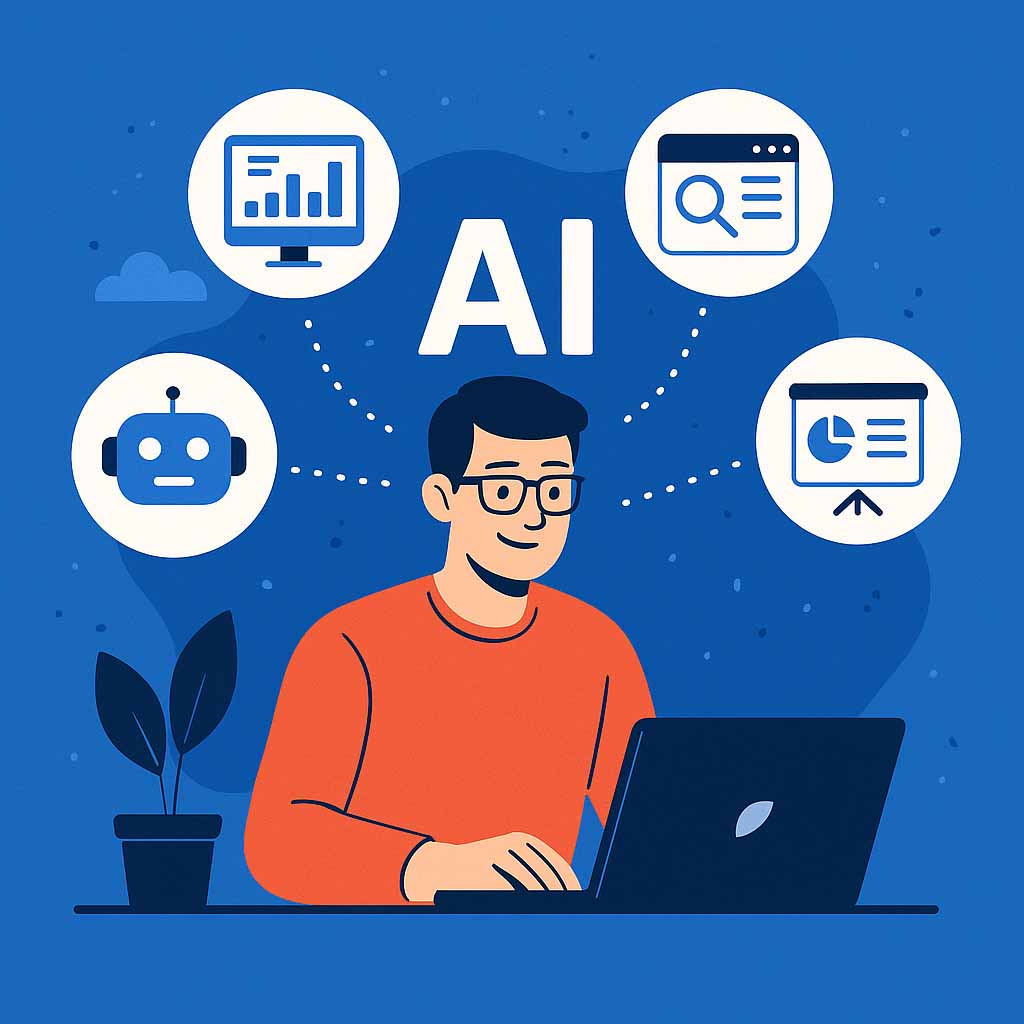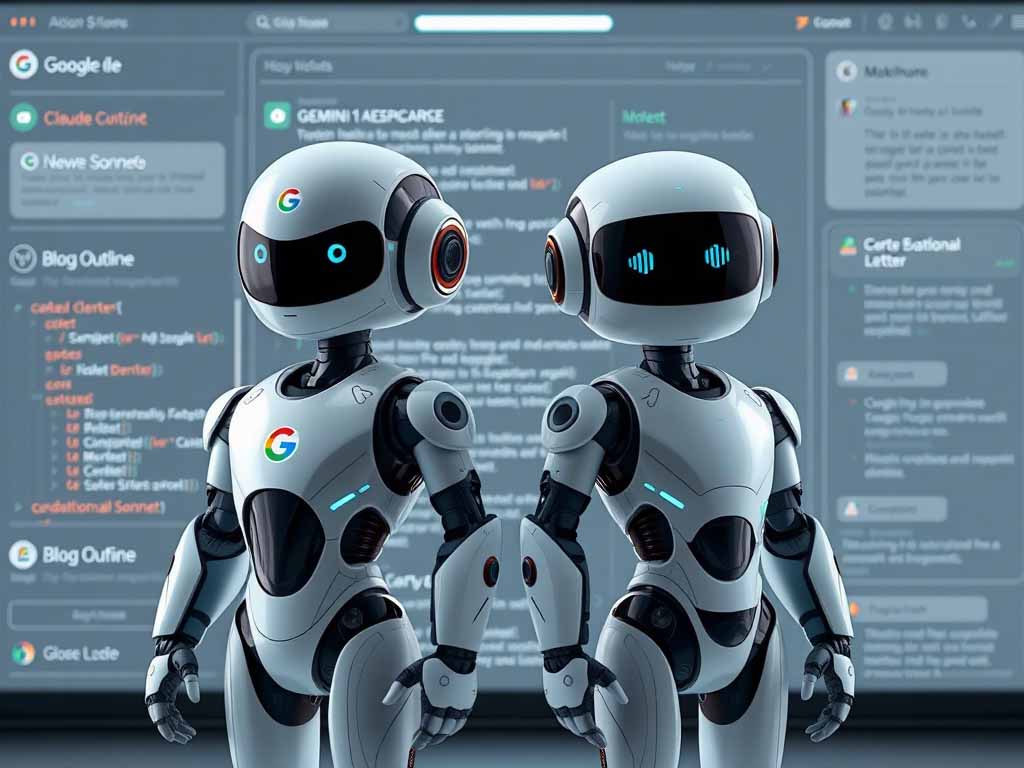Remember when cooking meant guessing how much salt to sprinkle, burning toast because you got distracted, or relying on your grandma’s “pinch of this, a dash of that” wisdom? Those days aren’t gone, but AI is slowly creeping into the kitchen, promising to make cooking smarter, faster, and maybe even tastier.
From smart fridges that track your groceries to AI-driven recipe generators that predict what you’ll want for dinner, the kitchen is no longer just a place of culinary chaos—it’s a playground for algorithms. But the big question is: does AI make cooking better, or does it steal the soul of the process?
The Rise of AI in the Kitchen
Artificial intelligence is no longer limited to apps and chatbots; it’s literally entering homes through appliances.
Some examples include:
- Smart fridges: They track expiration dates, suggest recipes based on what’s inside, and even create shopping lists.
- Predictive recipe apps: You input what you have on hand, and AI suggests meal options, sometimes pairing ingredients you wouldn’t think of yourself.
- Cooking assistants: Devices that adjust cooking times, temperatures, and portion sizes in real-time.
- Personalized nutrition: Apps that recommend meals based on your diet, allergies, or even your health goals.
The result? Cooking is more efficient, less wasteful, and, in theory, more fun.
Why People Are Excited
AI in the kitchen isn’t just a gimmick. There’s a reason food-tech is booming:
- No more “what’s for dinner?” panic: AI can suggest meals based on what’s already in your pantry.
- Less food waste: By predicting quantities and tracking freshness, AI helps reduce spoiled groceries.
- Time-saving: AI can streamline meal prep, helping you cook efficiently without juggling multiple timers or burning your risotto.
- Creative inspiration: AI often suggests unconventional pairings you’d never try on your own. Imagine adding a hint of saffron to your spaghetti sauce because the algorithm said so.
For busy families, foodies, or anyone who hates running out of ideas at dinnertime, AI can feel like a sous-chef who never sleeps.
The Soul of Cooking
But here’s the tricky part: cooking is more than nutrition—it’s an experience.
- Intuition matters: A pinch of salt, a twist of pepper, a little more olive oil—these subtle tweaks come from feel, not algorithms.
- Tradition counts: Family recipes, handed down for generations, often defy logic but carry emotional weight.
- Creativity shines: Part of cooking’s joy is experimenting, failing, and discovering something unique. Can an AI replicate that messy brilliance?
Sure, AI can suggest a recipe or optimize cooking times, but it can’t capture the laughter while kneading dough, the pride when your first souffle rises perfectly, or the comfort in cooking a meal that smells just like childhood.
When AI Gets It Right
Sometimes, AI actually enhances the experience:
- Smart suggestions: You have chicken, broccoli, and rice—AI suggests a quick stir-fry you wouldn’t have thought of.
- Meal planning: It organizes weekly menus so you save time and money.
- Adaptive cooking: Smart ovens adjust temperatures automatically, reducing mistakes.
- Global inspiration: AI can introduce flavors and techniques from around the world, expanding your culinary horizons.
It’s a partnership. You bring intuition and taste, the AI brings efficiency, precision, and inspiration.
The Pitfalls of AI Cooking
Of course, it’s not all perfect soufflés:
- Over-reliance: If you follow AI instructions blindly, you might lose the joy of experimentation.
- Generic results: Some AI recipes are technically correct but lack the nuance of human taste.
- Privacy concerns: Smart fridges and apps track what you eat—data that could be exploited.
- Loss of spontaneity: Cooking is also about improvisation; rigid AI suggestions may limit playful experimentation.
So while AI can be a fantastic helper, it shouldn’t replace intuition, creativity, and that human touch that makes a meal memorable.
The Future: AI as Sous-Chef, Not Master
Looking ahead, AI will continue to improve:
- Fridges might order groceries automatically.
- Recipe apps could integrate real-time taste feedback.
- Personalized meal suggestions might adapt to your mood or schedule.
But here’s the key: the best cooking experiences will always come from collaboration. AI can guide, predict, and assist, but humans bring soul, creativity, and the messy magic that makes food more than fuel.
Final Thought
AI in the kitchen is exciting, efficient, and sometimes revolutionary. But it’s not a replacement for the joy of cooking. Let it help, let it inspire, let it save your time—but keep your hands, heart, and taste buds firmly in control. After all, no algorithm can recreate the smell of fresh-baked bread, the laughter around a messy table, or the pride of a perfectly improvised dish.
Cooking with AI? Stylish, smart, and convenient. But soulful? That’s all you.



